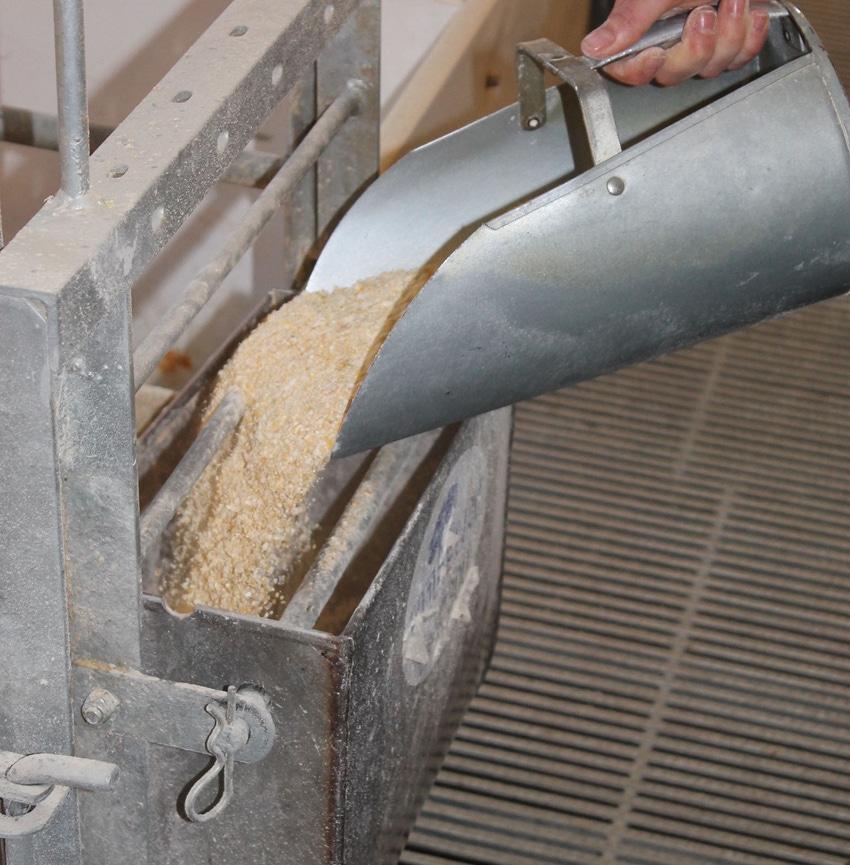Canada implements new feed import requirements to mitigate ASF risk
These specific ingredients were identified to be the highest risk based on a comparative analysis of livestock feed imports conducted by CFIA and they are not looking at import controls on any other feed ingredients at this time.
April 1, 2019

The inspector of the Canadian Food Inspection Agency has declared an order imposing conditions in relation to secondary control zones in respect of African swine fever. The order includes new import requirements for unprocessed grains and oilseeds as well as associated meals destined for use in livestock feed sourced from countries that have reported an active case of ASF in domestic or wild pigs within the last five years. The new requirements went into implementation on Friday.
On March 19, secondary control zones were declared by the Minister of Agriculture and Agri-Food under subsection 27.1(2) of the Health of Animals Act in respect of ASF. On Friday, an order was made under subsection 27.1(3) of that Act designating things as being capable of being affected or contaminated by ASF. The Minister has the power under subsection 27.1(4) of that Act to, by order, prohibit or impose conditions on — including requiring a permit for — removing from, moving within or taking into a secondary control zone a designated thing.
According to the Animal Nutrition Association of Canada, these specific ingredients were identified to be the highest risk based on a comparative analysis of livestock feed imports conducted by CFIA and they are not looking at import controls on any other feed ingredients at this time.
Although feed represents a much lower risk vector for the introduction of ASF into Canada compared to travelers and the importation of illegal meat products, the serious implications to the domestic swine herd if this disease were to enter the country has resulted in a thorough evaluation of all potential risks, including feed. Based on CFIA’s evaluation of this risk, as well as work conducted by a government-industry working group focused on feed ingredients, these import requirements were deemed justified to help minimize the risk of ASF introduction into Canada. It should be noted that controls on feed imports are only one of the many measures considered or implemented by the government to prevent ASF from entering Canada.
Source: CFIA and ANAC, which are solely responsible for the information provided, and wholly owns the information. Informa Business Media and all its subsidiaries are not responsible for any of the content contained in this information asset.
You May Also Like



